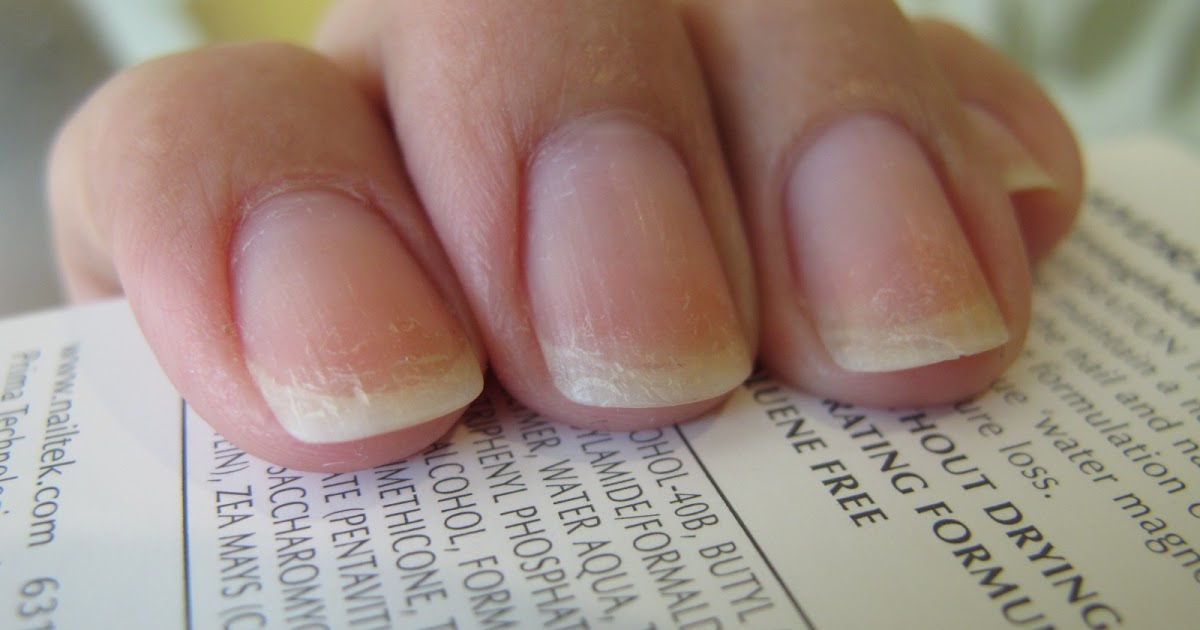Is Ditching Dairy Healthy?
Potential Dietary Deficiencies

Dairy-free diets have the potential for dietary deficiencies. The most likely deficiencies are calcium and vitamin D deficiencies, which can have serious health consequences. Long-term calcium deficiency increases the risk of developing low bone mass and osteoporosis. Calcium deficiency also puts individuals at risk of developing hypocalcemia; severe cases of which can lead to seizures and congestive heart failure. Vitamin D deficiency reduces the absorption of the calcium individuals consume. This means someone with an adequate calcium intake but who is deficient in vitamin D may still be calcium deficient. Vitamin D deficiency can also cause problems independent of calcium deficiency such as weakness, confusion, and even kidney damage.
It is not necessary to consume dairy to avoid these deficiencies. Foods such as fish, tofu, fortified cereals, nuts, and non-dairy milk products are all good sources of calcium. Vitamin D deficiency may be remedied by spending five to fifteen minutes per day in sunlight, allowing the body to synthesize its own vitamin D. Individuals may also choose to take vitamin D and calcium supplements.
Get more information regarding whether or not eliminating dairy is healthy now.